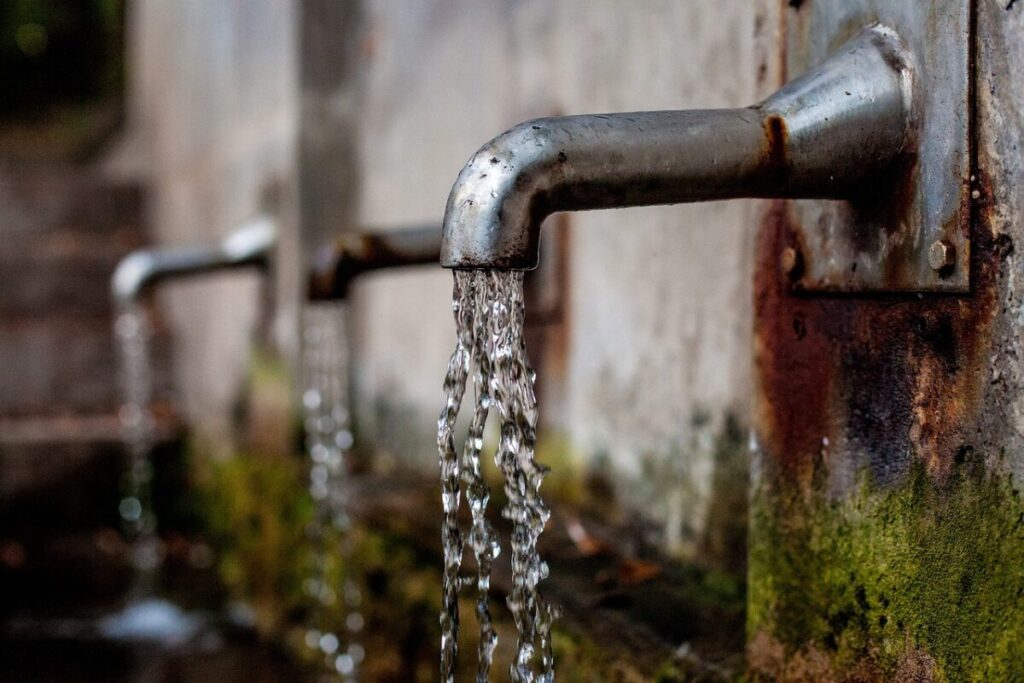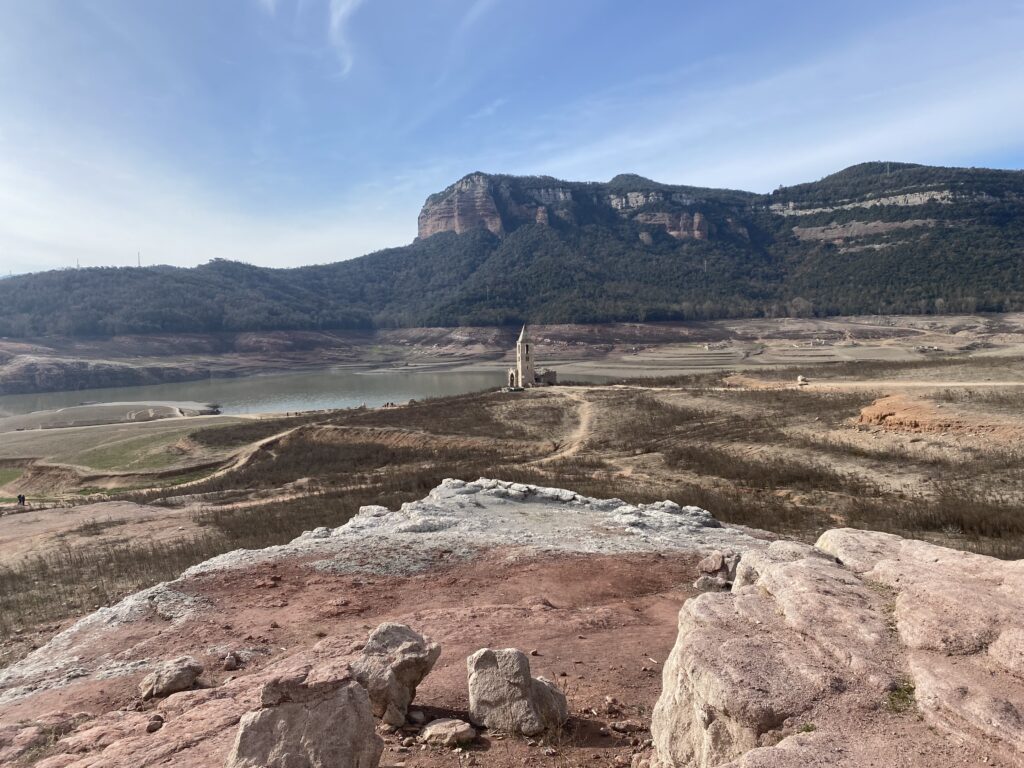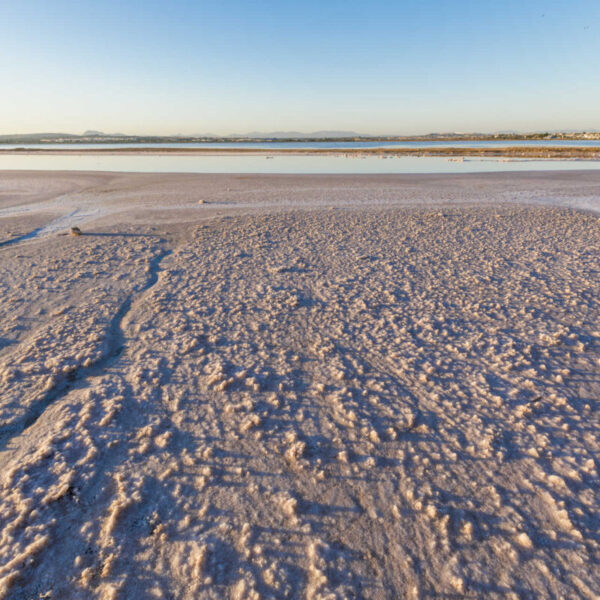Desalination of seawater to address the effects of climate change, especially the acceleration of droughts around the Mediterranean basin, is a well-established technique. However, it is energy-intensive and often managed by states, local authorities, or large corporations. With cryo-separation, the Marseille-based company Seawards aims to democratize seawater desalination and make it accessible to as many people as possible. In Spain, the government of Catalonia has launched a comprehensive plan to combat water scarcity. An institutional response to drought that involves targeted restrictions and an improvement in the quality of supply networks.

The drought, particularly strong in recent years, raises the subject of the inevitable drying up of water resources to come. However, this is a reality already known to nearly a quarter of the world's population: two billion people currently do not have access to clean water, as often emphasized by the United Nations (UN). And 25 countries are exposed to extremely high water stress each year, according to the environmental NGO World Resources Institute. This means that they consume more than 80% of their renewable water resources in a year. The solutions considered can be summed up in three verbs: save, reuse, but also desalinate. This last path is at the core of the activity of the Marseille-based company Seawards: "Our reason for being is to democratize desalination in order to provide an answer to the world's water problem," explains Hervé de Lanversin, co-founder of this start-up with Hubert Montcoudiol. They add two promises: not to alter the environment and to minimize production costs as much as possible.

Catalonia is facing its most severe drought in a century. The lack of rain, attributable to the Mediterranean climate and exacerbated by climate change, is severely affecting this region, but also spreading to others. Furthermore, the episode is extending to other regions of Spain. The prolonged absence of precipitation has caused havoc on water resources and the environment. Although recent rains have brought some relief, they are just a mirage in the face of a crisis that requires medium and long-term solutions. The intervention of experts and government measures are providing some initial solutions and a glimmer of hope. The Catalan government activated, in February 2024, the emergency level for 80% of the population due to the worst drought recorded since 1916. The worst in terms of duration, with over three years of impact, intensity, and extent (covering more than 50% of the Catalan territory).
Desalinate the sea to address the water shortage
How Catalonia plans to defend itself against drought
